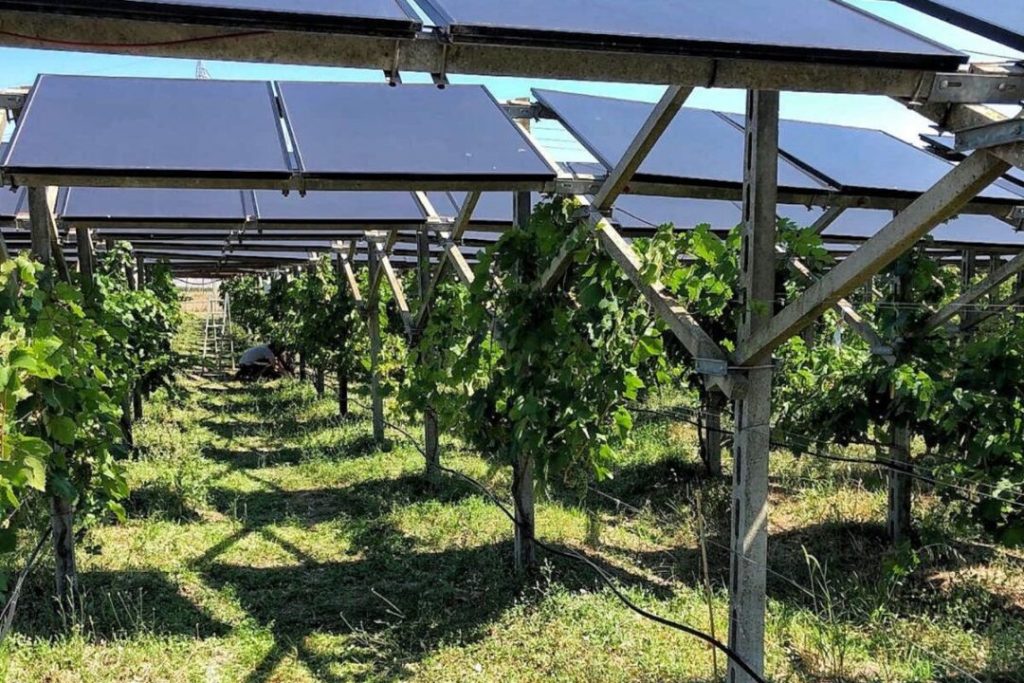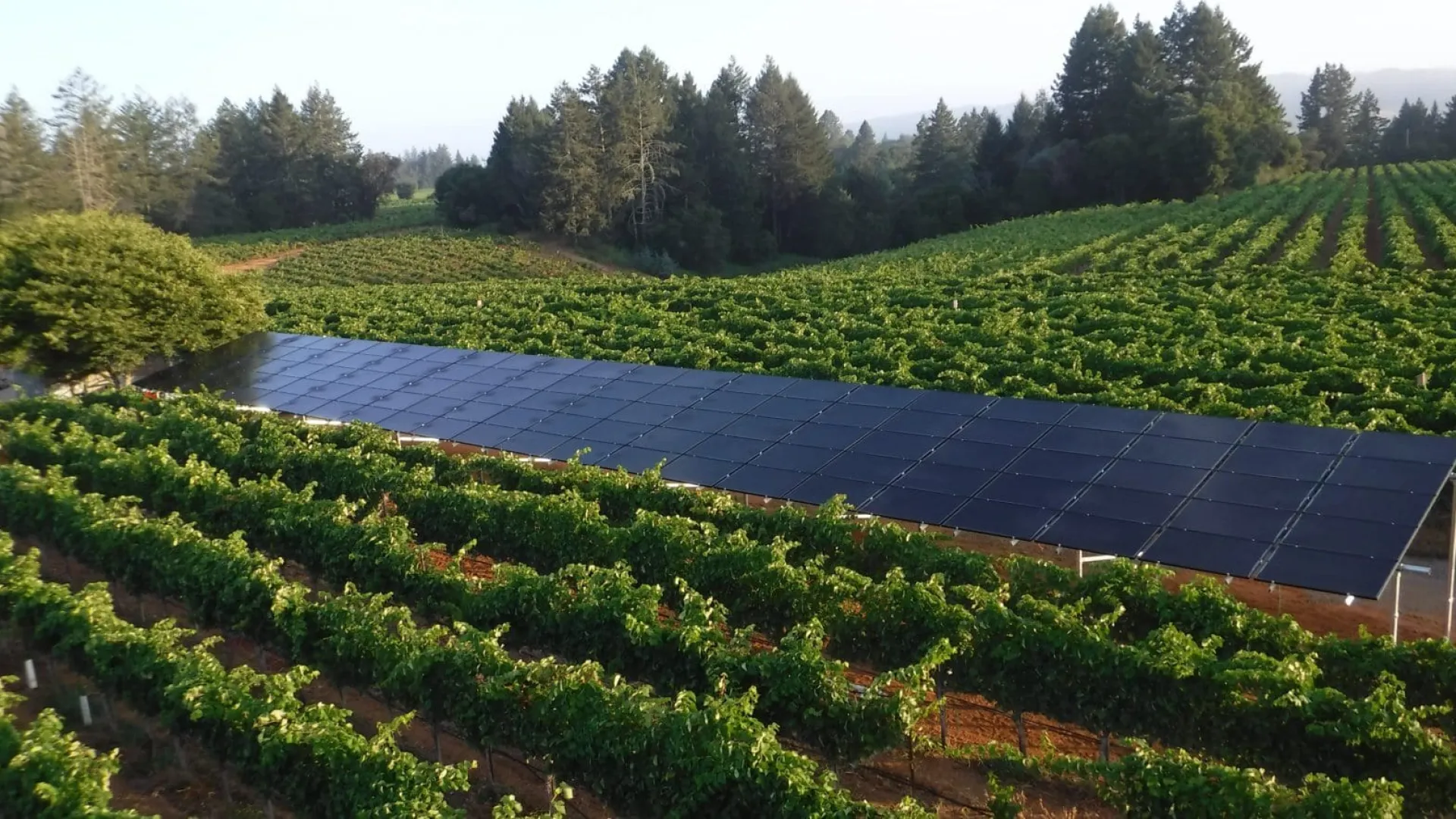The wine industry is experiencing a revolutionary transformation as wineries worldwide embrace solar energy and cutting-edge green technologies to reduce their environmental footprint while maintaining exceptional quality. From New Zealand’s pioneering installations to innovative Israeli startups, the marriage of renewable energy and viticulture is proving that sustainability and superior winemaking can go hand in hand. This shift isn’t just about environmental responsibility – it’s becoming a competitive advantage that resonates with eco-conscious consumers and drives long-term profitability. As climate change continues to challenge traditional winemaking practices, forward-thinking producers are discovering that solar panels, wind turbines, and smart energy management systems offer both immediate cost savings and future-proofing against environmental uncertainties.
Solar Power Leading the Renewable Revolution
Solar energy has emerged as the cornerstone of sustainable winemaking operations across the globe. Yealands Estate in New Zealand’s Marlborough region exemplifies this commitment with over 1,300 solar panels installed on their winery roof, creating one of the largest solar installations in the country. This impressive array generates nearly half a million kilowatt-hours annually, providing 15% of the winery’s total power needs while offsetting 82 tonnes of CO2 emissions each year.
The timing of solar energy generation perfectly aligns with winemaking demands. Vintage season coincides with summer months when renewable energy production peaks, making wineries natural candidates for solar adoption. This synchronization allows producers to harness maximum solar power precisely when energy-intensive operations like harvesting, crushing, and refrigeration are most critical.
Australian wineries are particularly well-positioned to capitalize on solar technology. Rockcliffe Winery has achieved complete energy independence through solar panels combined with Tesla Powerwall lithium battery storage systems. Their comprehensive approach includes separate solar installations for their cellar door operations and vineyard irrigation pumps, demonstrating how renewable energy can power every aspect of wine production.
Innovative Agrivoltaic Solutions

The integration of solar panels directly into vineyard operations represents the next frontier in sustainable viticulture. Israeli startup SolarWine has developed revolutionary agrivoltaic systems that position solar panels above grape vines, creating dual benefits for energy generation and grape cultivation. These intelligent panels tilt throughout the day, either maximizing sunlight capture for electricity production or providing strategic shade to delay ripening and enhance grape flavor profiles.
Machine learning algorithms optimize this delicate balance, ensuring grapes receive precisely the right amount of sunlight while excess solar energy generates electricity. This innovative approach allows vineyard owners to diversify their income streams while maintaining complete control over grape quality and harvest timing.
Comprehensive Green Technology Adoption
Leading sustainable wineries are implementing holistic approaches that extend beyond solar power. Yealands Estate combines solar panels with wind turbines and even employs sheep to consume vine prunings, reducing mowing requirements and emissions. This creative integration demonstrates how multiple green technologies can work synergistically to minimize environmental impact.
Energy management systems are becoming increasingly sophisticated, allowing wineries to shift power-intensive operations like refrigeration and irrigation to periods of low electricity pricing or high renewable generation. These smart systems automatically respond to price fluctuations and market conditions, maximizing cost savings while reducing grid dependence.
The Business Case for Green Technology
The adoption of renewable energy technologies offers compelling financial benefits beyond environmental stewardship. Sustainable practices build consumer trust and loyalty, particularly among younger demographics who prioritize environmental consciousness. Certification programs like Napa Green and B Corporation status provide third-party validation that helps wineries differentiate themselves in competitive markets.
Moreover, renewable energy installations often reduce long-term operating costs while protecting against volatile energy prices. As technology costs continue declining and government incentives remain available, the return on investment for solar and other green technologies becomes increasingly attractive for wineries of all sizes.


